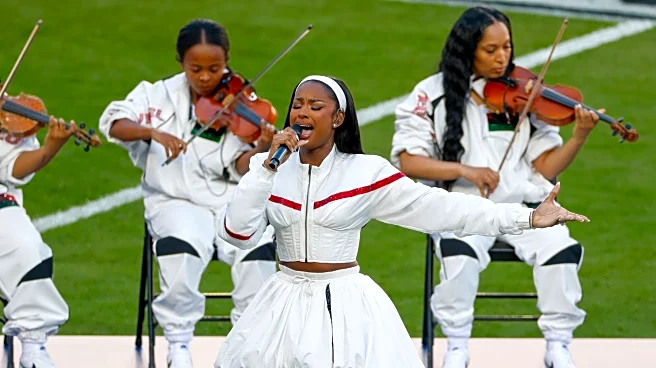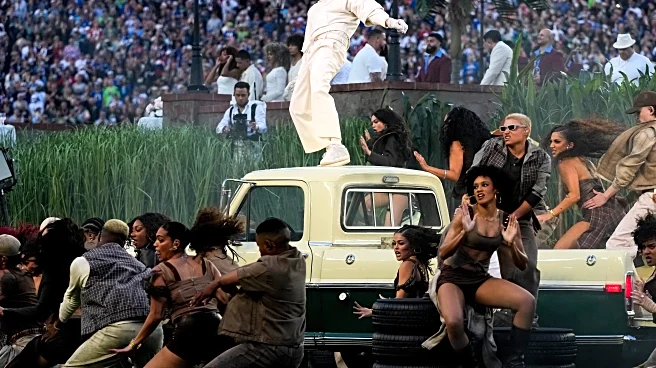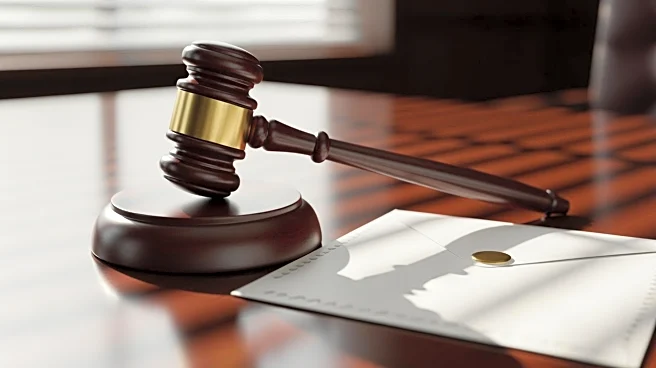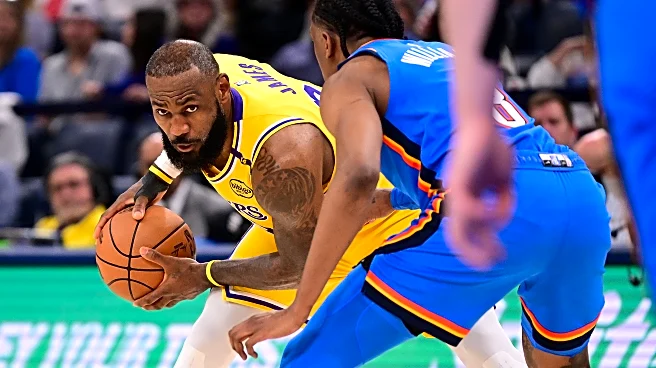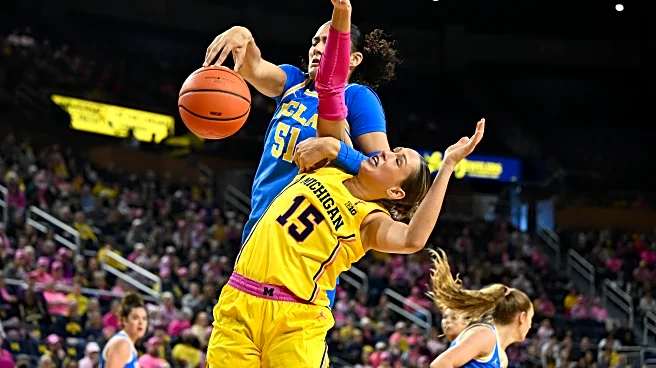What's Happening?
Zubeen Garg, a renowned singer and composer from Assam, India, passed away in Singapore, leaving behind a legacy of 38,000 songs. Vishal Kalita, a collector of music cassettes, has amassed a significant collection of Garg's works, which he has opened
to the public. Kalita, along with Garg's fans and friends, is working to make Garg's music more accessible through online platforms and ensure royalties for his family. However, the ownership of many of Garg's songs is unclear, with rights scattered among producers, distributors, and music labels. This situation highlights the broader issue of music ownership, which is a global concern.
Why It's Important?
The death of Zubeen Garg and the subsequent efforts to preserve his music underscore the complexities of music ownership and royalties. This issue affects artists worldwide, as seen in cases like Taylor Swift, who re-recorded her albums to gain ownership. In India, the Copyright Act of 1957 governs music ownership, but the rights are often fragmented, favoring producers and labels over creators. The struggle to secure royalties for Garg's family reflects the challenges artists face in protecting their intellectual property and ensuring fair compensation for their work.
What's Next?
Efforts to clarify the ownership of Zubeen Garg's music are ongoing, with fans and friends working to trace rights and secure royalties. This may involve navigating India's complex copyright laws and negotiating with producers and labels. The situation could prompt broader discussions on reforming music ownership laws to better protect artists' rights. Additionally, Garg's legacy may inspire other artists to take proactive steps in securing their intellectual property and advocating for fair compensation.
Beyond the Headlines
The issue of music ownership raises ethical questions about the balance of power between artists and industry stakeholders. It highlights the need for transparency and fairness in contracts and licensing agreements. The case of Zubeen Garg may serve as a catalyst for change, encouraging artists to seek greater control over their work and prompting legal reforms to address the inequities in the music industry.


